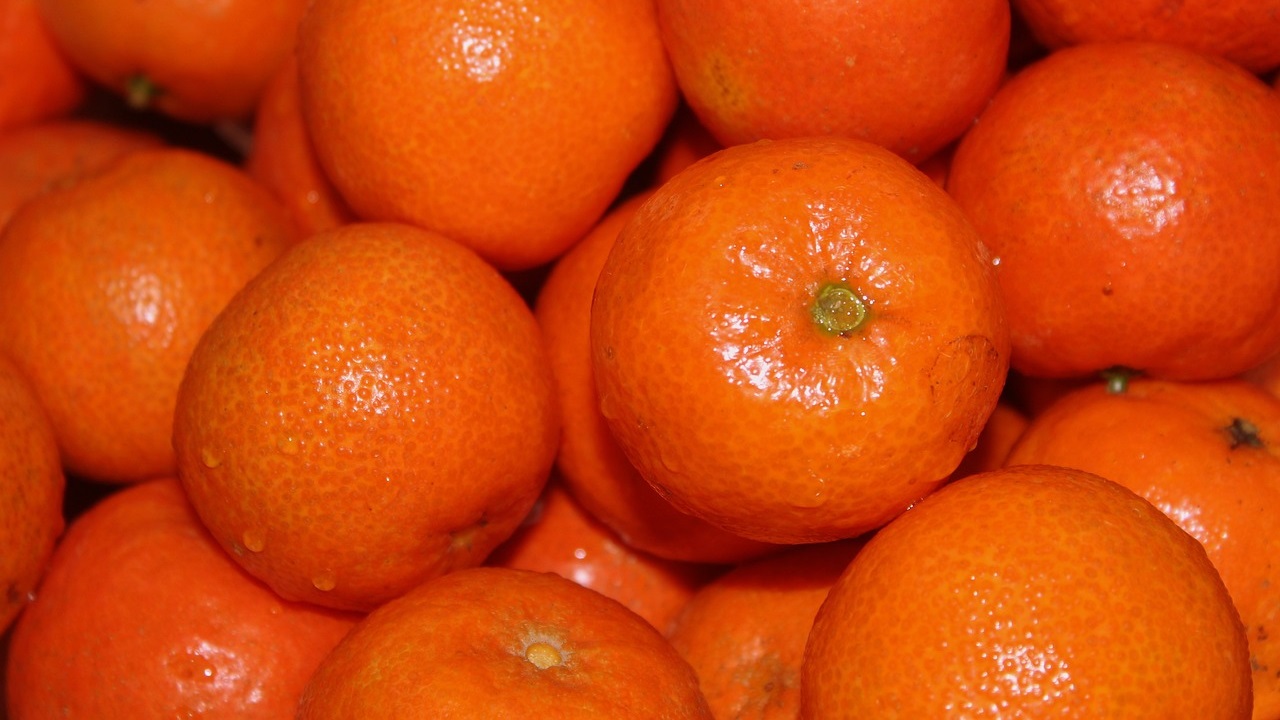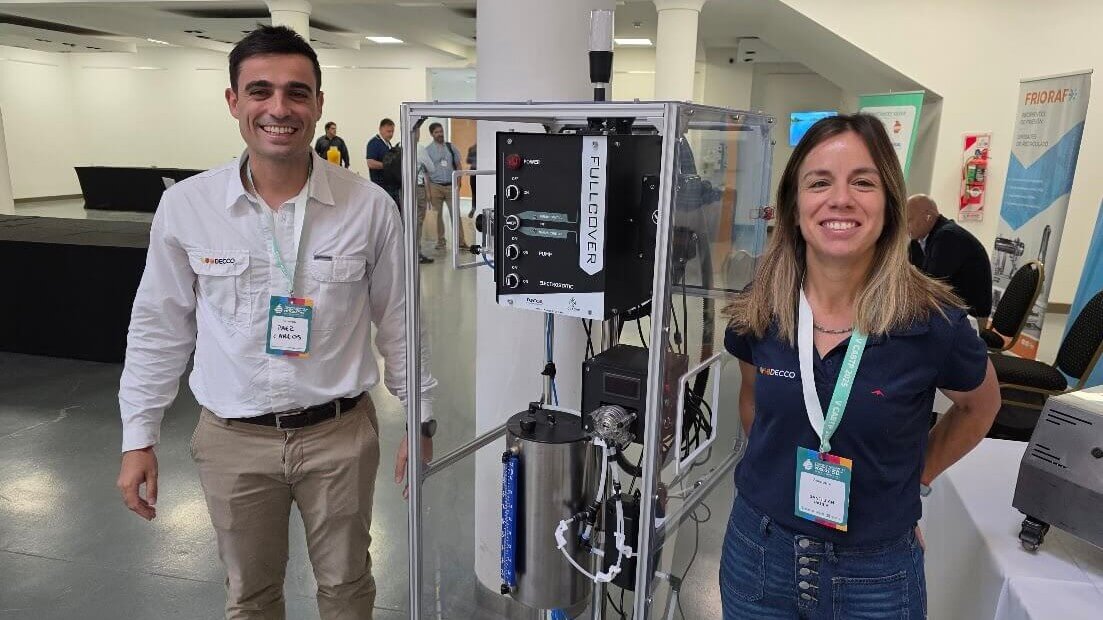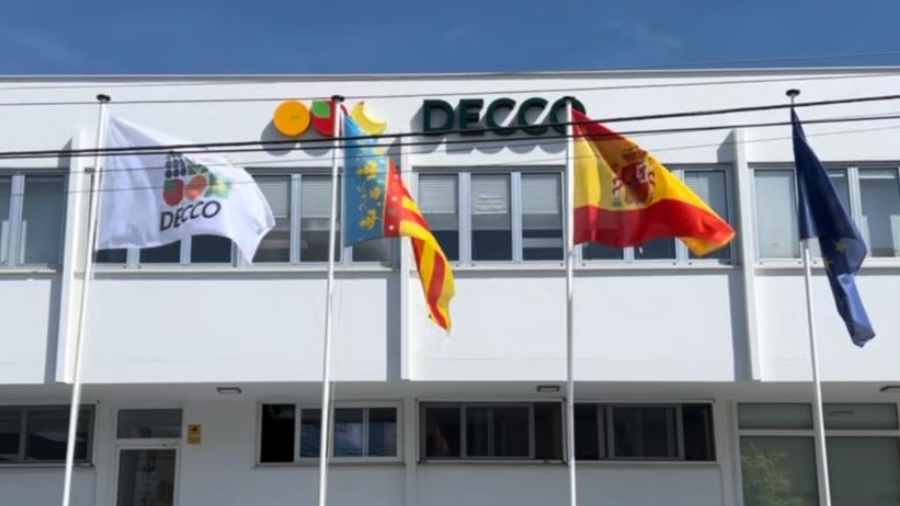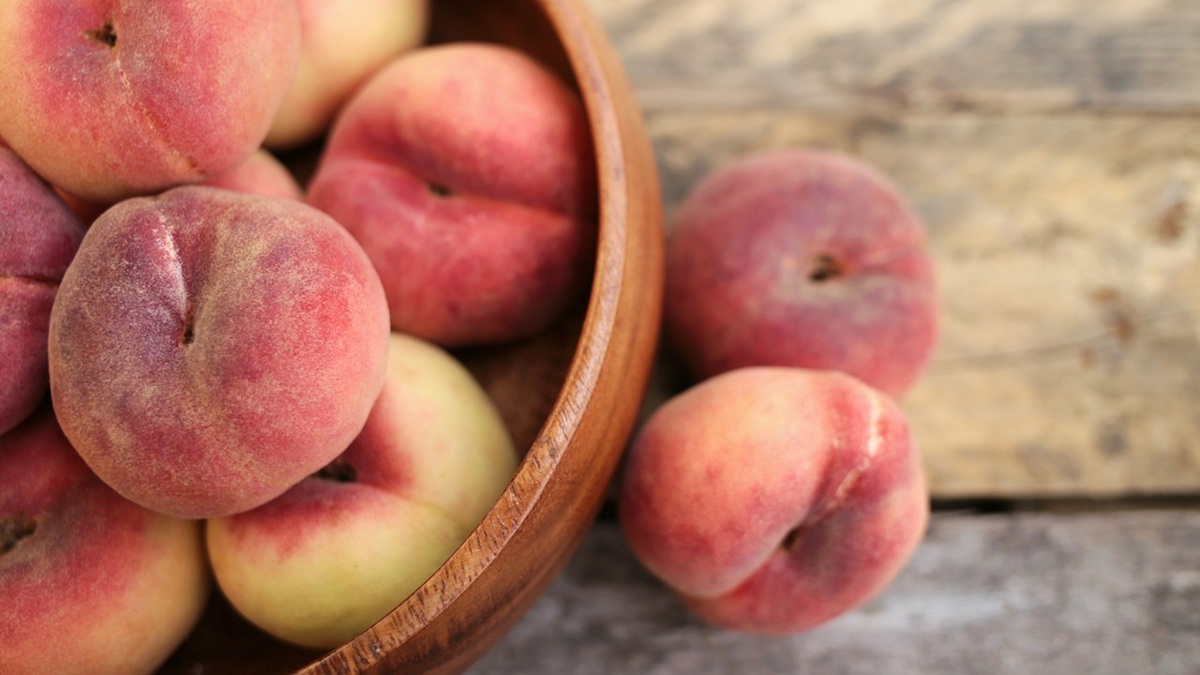
Decco Ibérica
Phytosanitaries
What challenges does Citrus Postharvest face in the second part of the season in 2024?
As the northern hemisphere citrus season ventures into its second part, challenges arise in the postharvest journey. Dive into DECCO's latest article to unravel the main challenges faced during this campaign and discover experts recommendations

The second part of the citrus season generally divided into the following sections and each one brings its unique challenges:
- Overseas shipping
- Beginning of the commercialization of club varieties
- Cold storage to extend the availability of citrus
Due to the recent geopolitical factors in the Red Sea that make shipping through the Suez Canal, a great connection between Europe and Asia, difficult and is being suffocated. These barriers to the export of citrus will greatly affect countries like Egypt which send 33% of the exports to Middle East countries.
Overseas shipping
The Spanish citrus industry has been characterized by having a preferred trading partner in the countries of the European Union and the United Kingdom; hence they receive more than 90% of Spain’s citrus exports. However, there is a percentage of less than 10% of Spanish citrus that reach destinations as distant and complicated as China, Canada, Brazil... The main characteristics of the quarantine protocol for exporting to China:
- Cold treatment will be carried out in transit in refrigerated containers
- The temperature will be measured in the pulp
- 1.1ºC or less, for a period of no less than 15 consecutive days
- 1.7ºC or less, for a period of no less than 17 consecutive days
- 2.1ºC or less, for a period of no less than 21 consecutive days.
Challenges in citrus exportation to China
Exposing citrus fruits to prolonged and low temperatures will negatively impact the quality of the fruits, affecting both the skin, the pulp, and the juice. Prevalent problems in the ports of China include cold damage, which manifests itself in the form of "Pitting" (alterations in the skin due to desiccation of the cells of the superficial flavedos) and "Scald" (irregular browning of the skin).
Postharvest solutions to export overseas
In the context of exporting citrus overseas, it is paramount to select high-quality items since these fruits must withstand adverse conditions to reach the destination market.
Each variety of citrus has a critical temperature that, once exceeded, compromises its quality. Since container shipping protocols are not adjusted by variety, it becomes necessary to apply postharvest treatments with registered coatings and phytoregulators. These solutions have proven effect throughout the export, helping to mitigate cold damage.
To mitigate these possible problems that citrus may suffer; at DECCO we have developed Citrashine Long Life.
Extreme conditions require extreme solutions: Citrashine Long Life
Benefits of Citrashine Long Life:
- Optimum control of weight loss
- Excellent shine
- Control of cold damage
Fragment of a simulation test of Navelinas for shipping under quarantine conditions to China. The oranges were preserved at 1.1ºC for 15 consecutive days. As can be seen in the results, a standard coating is not formulated to help citrus withstand these harsh conditions. Including Citrashine Long Life in the most demanding conservation protocols helps your citrus fruits retain all their freshness and quality.
Beginning of the commercialization of club varieties
In the second part of the citrus season, we start seeing the commercialization of protected mandarin varieties, such as, Orri, Tango, Nadorcott, Leanri, Sando, etc. This 2023-24 campaign was characterized by high temperatures that have led to the presence of different pests for longer than usual.
During the second part of citrus season unlike the classic mandarins, clementines and tangerines like Murcott and Ortanique, we observe the following improvements in the new varieties:
- Easy to peel
- Club varieties which ensure the protection of the variety and the value of the fruit
- They provide good performance for the tree
- Good organoleptic properties.
Recommendations for managing varieties during the second part of the citrus season
In general, we must manage these varieties like clementines.
- A good and carefully carried out harvest is important. During the harvest the fruit must be collected according to the final use. Orris need special attention because the tree tends to produce thorns which can damage the integrity of the fruit.
- In the storage, same storage temperatures as clementines
- They can be treated either in Drencher or pre-calibration line. Although the skin is easy to peel, the fruit is not damaged.
- A proper disinfection of chambers and boxes is recommended to have these fruits with maximum food safety.
Recommendations for Postharvest treatment in club mandarin varieties
DECCO San FH
- It is being used for disinfection of the treatment water and the fruit.
- DECCO San FH is certified by CAAE (Spain) for organic agriculture.
- Its continued use prevents the formation of Biofilms.
- It can be used in drencher, tanks and during washing in online application.
DECCO Sol Max
An essential postharvest solution to reduce Negrilla. This detergent has been developed with the aim of effectively removing soot and other surface contaminants from citrus after harvest. By performing a deep and complete cleaning, DECCO Sol Max not only improves the appearance of citrus, but also helps preserve their freshness and quality.
In addition to its effectiveness in eliminating sooty mold, DECCO Sol Max has also stood out for its ability to eliminate other pathogens and residues, including remains of phytosanitary products used in the orchard. This feature helps ensure complete cleaning and contributes to food safety by reducing the presence of possible contaminants in citrus.
DECCO Protect
Formulated with fatty acids, this supplement combined with coatings form the Citrashine line keeps the skin of citrus fresher for longer.
Benefits:
- Reduces cold damage, improving appearance and shine
- It helps to maintain the freshness of the leaves during the fruit processing
- Decreases the oxidation of skin cells that have been damaged by blows or abrasions. • It complements the coating which is going to be used: Compatible with Polyethylene and Carnauba improving the control of weight loss.
At DECCO we work to help you get the highest yield from the available harvest, reducing food waste and improving food safety for proper marketability of citrus.
DECCO More. Beautiful. Fresh.












